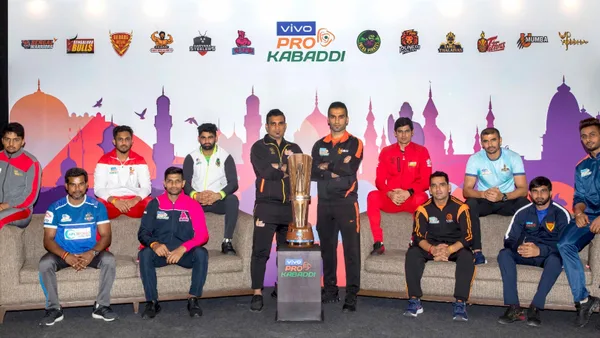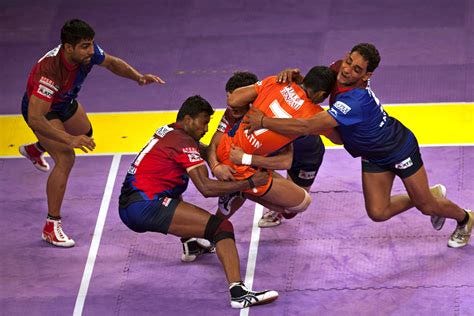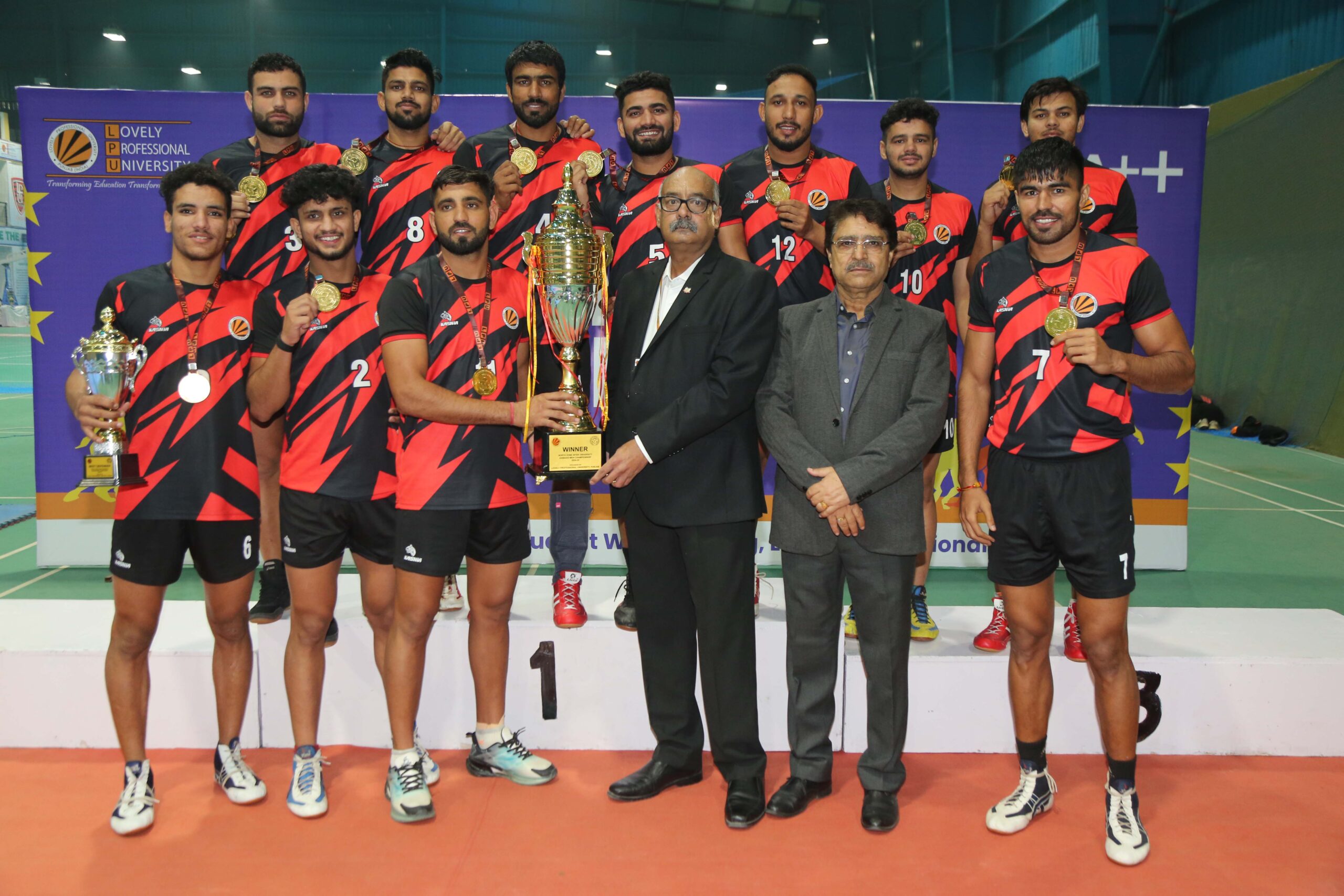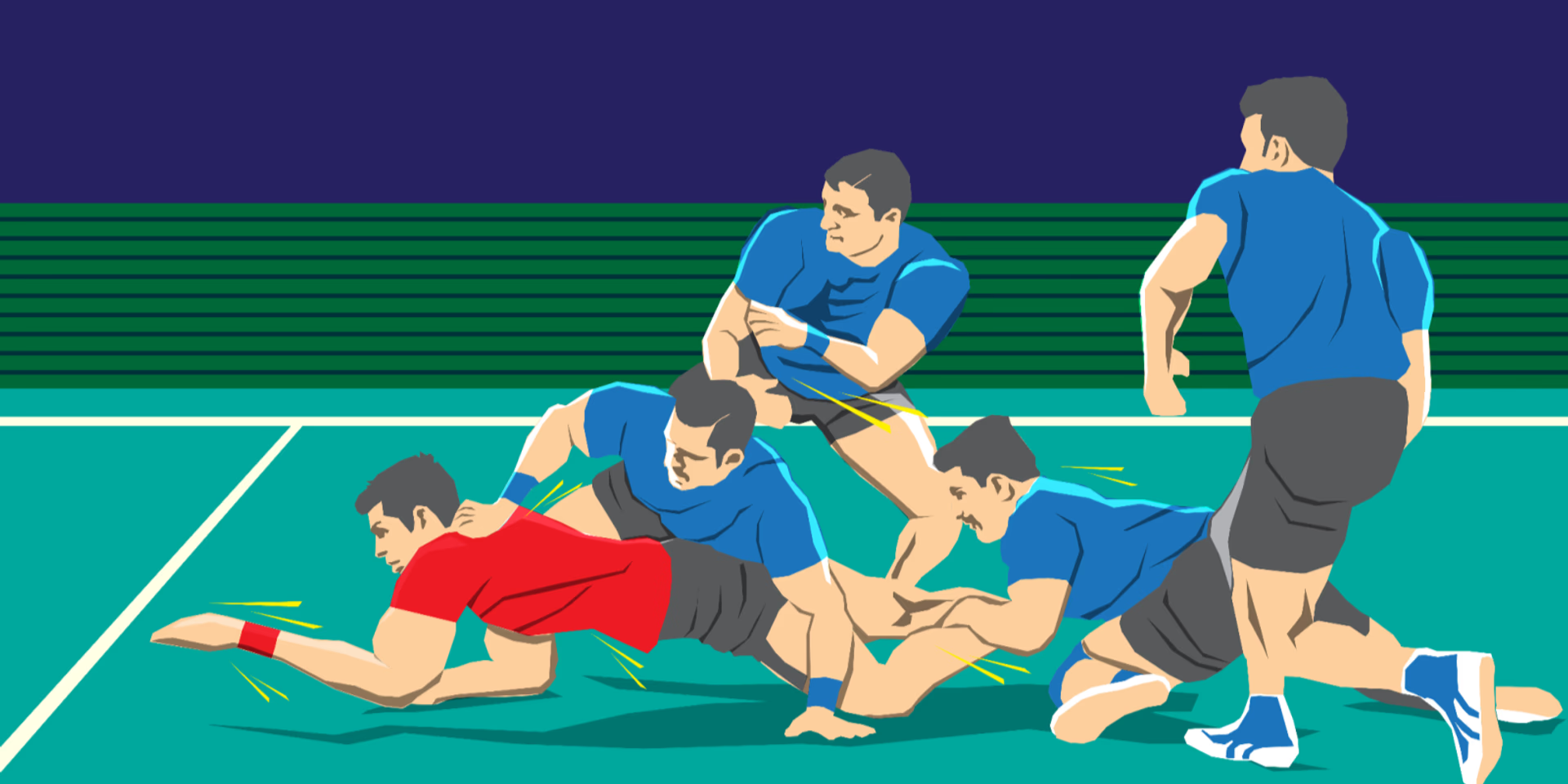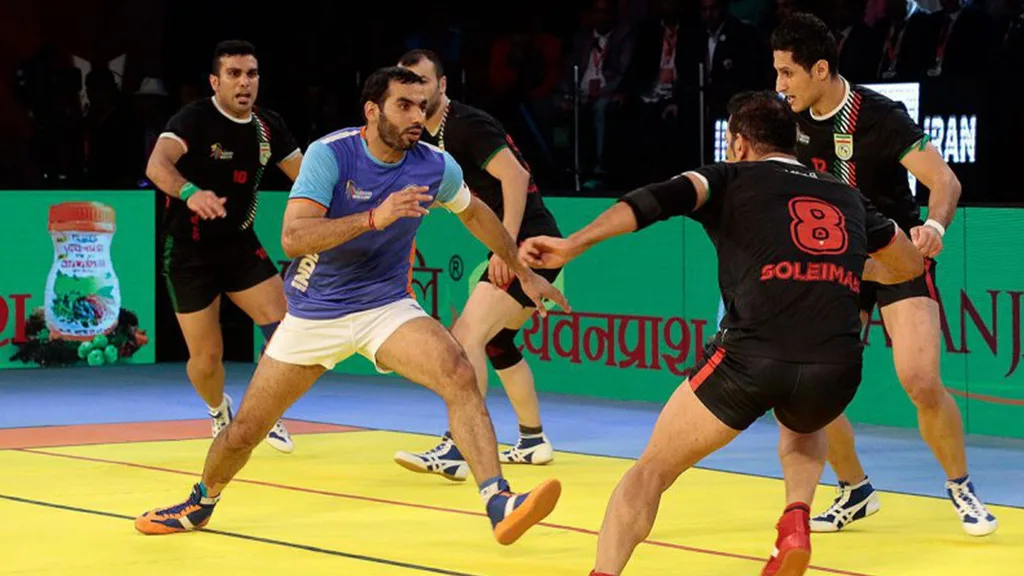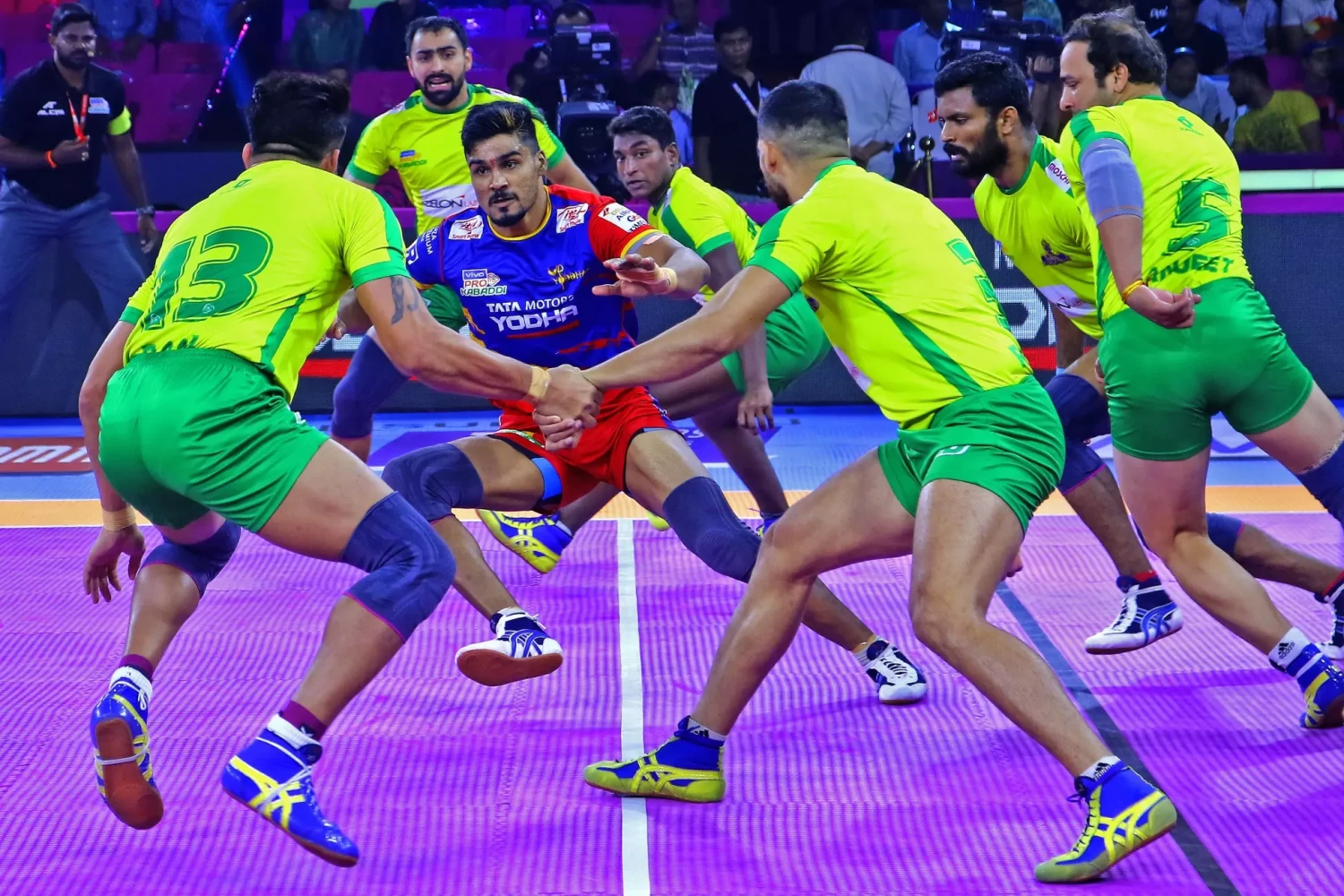Kabaddi has traditionally been associated with South Asia, particularly India, where it has deep cultural roots. However, in recent years, the sport has experienced a surge in popularity, thanks to international tournaments, global broadcasting, and the increasing participation of countries outside its birthplace. This article explores how Kabaddi is expanding on the global stage and gaining recognition as a competitive sport worldwide.
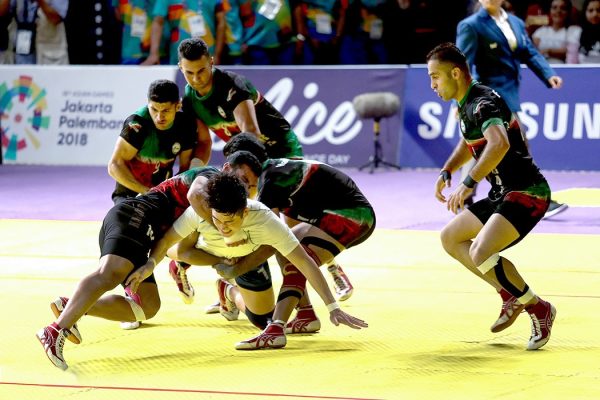
- Kabaddi’s Global Growth
Kabaddi’s international influence has been steadily growing, with tournaments held in various countries, attracting a new generation of fans and players. Once a regional sport, Kabaddi now enjoys increasing attention from global sports communities and media outlets. The formation of international leagues and the recognition of the sport by global sports bodies have contributed to its wider reach.
Factors Contributing to Kabaddi’s Global Growth:
- Pro Kabaddi League (PKL): The Pro Kabaddi League, established in 2014, has been a game-changer for the sport. PKL has provided a professional platform for Kabaddi players, attracting sponsors, investors, and a large TV audience. This has played a major role in bringing the sport to global recognition.
- International Tournaments: Kabaddi has expanded its footprint with international tournaments, such as the Kabaddi World Cup and the Kabaddi Masters Dubai. These events have featured teams from countries like Iran, South Korea, the United Arab Emirates, and the United States, helping raise the sport’s profile globally.
- Olympic Ambitions: Kabaddi has made efforts to be included in the Olympics. The sport was featured as a demonstration event in the 1936 Berlin Olympics and has since continued to work toward being recognized by the International Olympic Committee (IOC).
Advanced Tips for Kabaddi Players:
- Participate in International Competitions: Aspiring Kabaddi players should aim to showcase their skills in international tournaments to gain recognition and further the growth of the sport.
- Embrace Global Styles: With Kabaddi spreading globally, players should learn to adapt to new playing styles emerging from different countries, helping them stay competitive in international leagues.
- Kabaddi’s Appeal Beyond South Asia
Although Kabaddi originated in South Asia, its appeal has crossed borders, and the sport is being embraced in countries around the world. The simplicity of the game, coupled with its fast-paced, high-energy nature, makes it attractive to global audiences.
Countries Embracing Kabaddi:
- Iran: Iran has become a major force in international Kabaddi. The Iranian national Kabaddi team has earned a reputation for its competitive edge, and the country regularly fields top-tier players in global tournaments.
- South Korea: South Korea has been active in Kabaddi, with its national team regularly competing in international events. The country’s players have developed unique raiding techniques and defensive strategies that have impressed Kabaddi enthusiasts worldwide.
- United States: The rise of Kabaddi in the United States is also notable. Kabaddi is being introduced in schools and universities, and the emergence of professional leagues is helping promote the sport in North America.
Advanced Tips for Kabaddi Players:
- Compete in Global Leagues: To gain recognition and enhance their skills, Kabaddi players should aim to play in international leagues like the Pro Kabaddi League, or similar leagues emerging in countries like Iran and South Korea.
- Adapt to International Playing Styles: As Kabaddi grows internationally, players should study global trends and techniques to stay ahead in the game and incorporate diverse strategies into their play.
- Kabaddi in the Media: The Power of Global Broadcasting
Global broadcasting has played a significant role in bringing Kabaddi into the mainstream. Matches are now televised in many countries, and social media has made it easier for fans to access live content and updates.
The Role of Broadcasting in Kabaddi’s Growth:
- Television Coverage: Major television networks now air Kabaddi events, allowing millions of viewers worldwide to watch high-profile tournaments. PKL broadcasts, in particular, have helped reach a global audience and sparked interest in the sport in non-traditional Kabaddi countries.
- Digital Streaming: With the rise of online streaming platforms like YouTube, Kabaddi is gaining popularity through digital access. Fans from countries that don’t traditionally play Kabaddi can now watch matches, which helps foster international support and participation.
- Social Media: Social media platforms like Facebook, Instagram, and Twitter have also helped build Kabaddi’s global following. Through live updates, player interviews, and match highlights, fans around the world stay connected with the sport.
Advanced Tips for Kabaddi Fans:
- Follow International Events: Fans can stay connected with global Kabaddi developments by following international leagues and tournaments on social media and streaming platforms.
- Promote the Sport: Kabaddi fans should actively support the growth of the sport by sharing content, attending live events, and encouraging others to watch and participate in Kabaddi.
- The Role of International Players in Kabaddi’s Globalization
International players are playing an increasingly important role in Kabaddi’s expansion. These players bring diverse playing styles, techniques, and approaches to the game, enriching the sport and providing fans with new perspectives on the game.
International Players Who Are Making a Mark:
- Morteza Eslami (Iran): Eslami is one of Iran’s top Kabaddi players, known for his exceptional raiding skills and defensive tactics. His presence in international leagues has helped raise awareness of Kabaddi in Iran and beyond.
- Mohammad Maghsoudi (Iran): Maghsoudi is another key player from Iran, known for his all-around capabilities. His versatility has made him a standout player in global competitions and a role model for young players.
- Jongho Kim (South Korea): A rising star from South Korea, Jongho has impressed fans with his quick raids and sharp defensive moves. He represents the next wave of Kabaddi talent emerging from countries outside South Asia.
Advanced Tips for Kabaddi Players:
- Learn from International Players: Kabaddi players can benefit from studying the playing styles of international stars. Incorporating these diverse strategies into their own gameplay can provide a competitive edge.
- Develop Your Global Network: Kabaddi players should aim to network with players from other countries, sharing tips and learning from the different styles and strategies used in various regions.
- The Future of Kabaddi: Global Expansion and Inclusion in Major Tournaments
As Kabaddi continues to grow globally, its future looks bright. The sport is steadily gaining acceptance in more countries, and efforts to include it in international competitions like the Asian Games and World Games are gaining traction.
The Road to Global Recognition:
- Olympic Inclusion: Kabaddi has long aspired to be included in the Olympic Games. With its rising global popularity, the sport is closer than ever to being recognized by the International Olympic Committee (IOC). The inclusion of Kabaddi in the Olympics would be a major milestone in its global journey.
- World Cup and Other Tournaments: Kabaddi’s international presence is expanding with the growth of tournaments like the Kabaddi World Cup, Kabaddi Masters Dubai, and the upcoming Kabaddi World League. These tournaments are attracting teams from all over the world, further solidifying Kabaddi’s place on the global sports map.
Advanced Tips for Future Kabaddi Players:
- Stay Informed: Players should keep an eye on developments in Kabaddi’s international growth. Future Kabaddi players will have the chance to compete in larger global tournaments and potentially the Olympics.
- Push for Recognition: Players and coaches should actively work to promote Kabaddi’s global expansion by participating in international tournaments and helping to introduce the sport in new regions.
